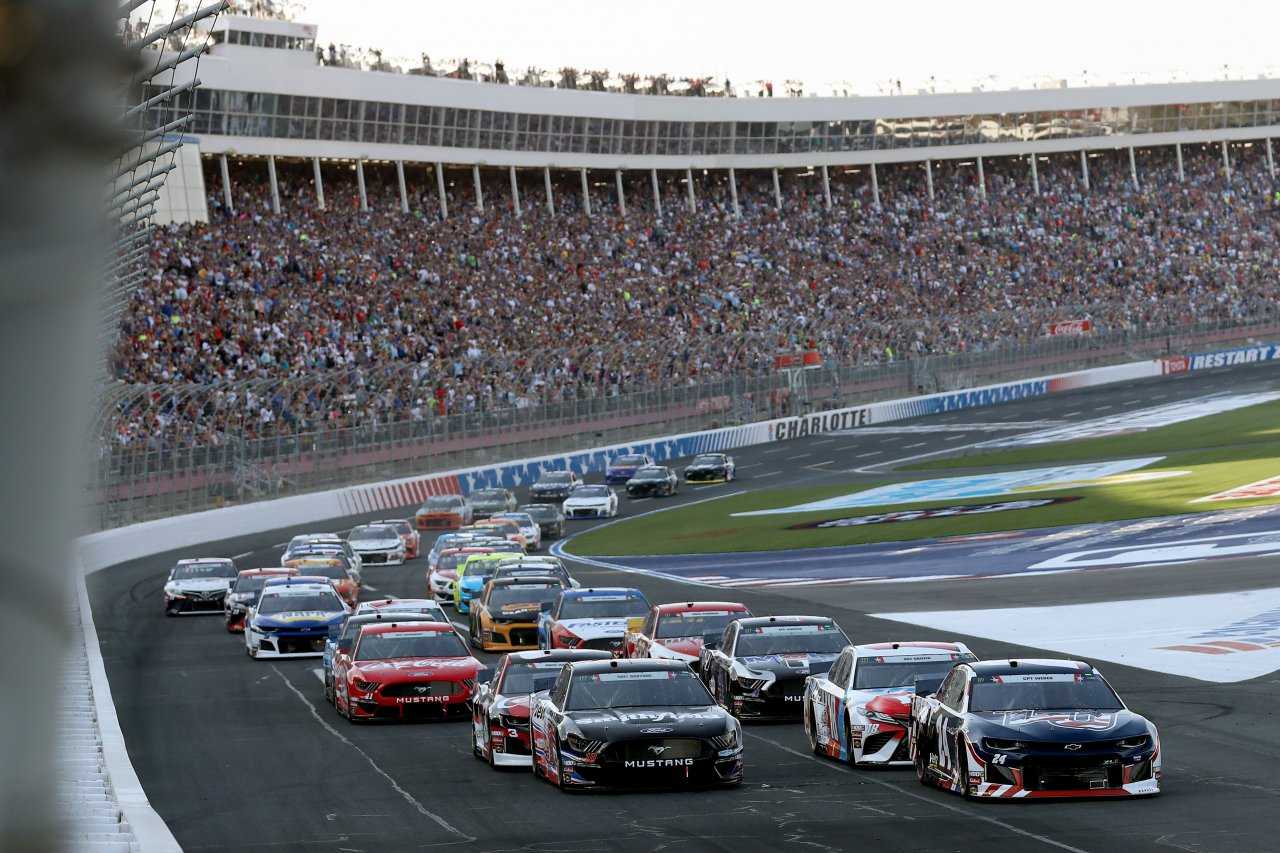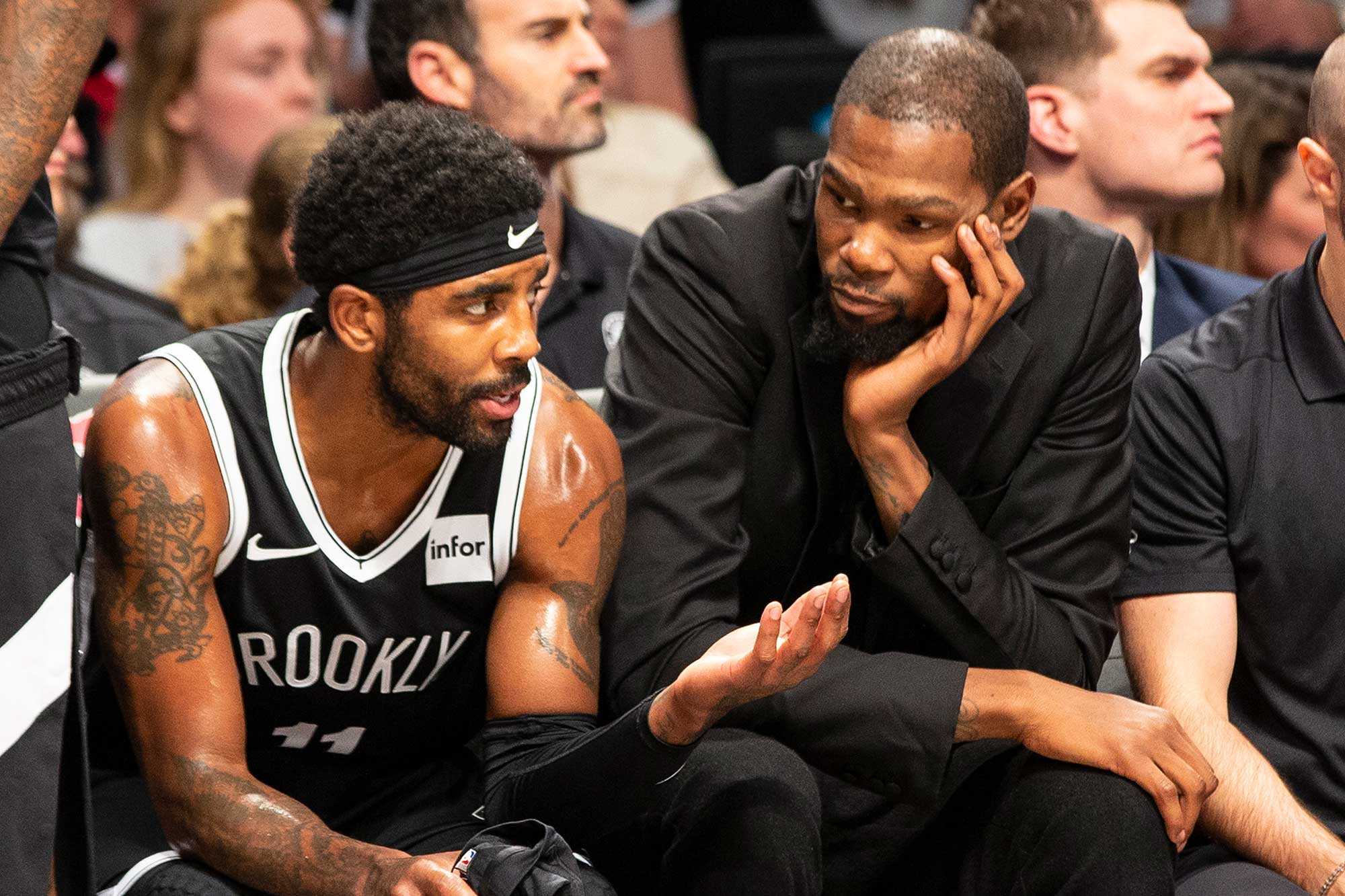Athletes understand the coach isn’t their friend. The coach exists to make players and teams better. If players like the coach, great! But if not, they’re supposed to tough it out.
Or, maybe not. Apparently, the NHL is aiming for an era of kinder, gentler coaches. Don Cherry-types are out (as is Don himself) and a nicer approach is reportedly on the way. “This is an opportunity, and a moment, for positive change and this evolution should be expedited [I don’t think you can speed up evolution] for the benefit of everyone associated with the game we love,” NHL Commissioner Gary Bettman says. “And even while change is taking effect, we still must acknowledge things that were wrong in the past.”
The Danger is CTE

The league would seem to have a bigger problem than abusive NHL coaches. As a sport centering around high-speed collisions in an enclosed space, it seems impossible for hockey to avoid head injuries. Books by former players and articles about former players who’ve killed themselves highlight that hockey players are suffering from chronic traumatic encephalopathy (CTE), a degenerative brain condition that seems to come from activities that deliver repeated blows to the head.
This isn’t a problem that’s limited to brawlers, although they are the leading indicator. Superstar Sidney Crosby, for example, has suffered at least four concussions (that’s how many the Penguins are willing to admit he’s had, anyway). He is known for scoring, not hitting. Still, Bettman loves the game too much to worry about all that. “I don’t believe there has been, based on everything I’ve been told — and if anybody has information to the contrary, we’d be happy to hear it — other than some anecdotal evidence, there has not been that conclusive link,” Bettman said this year about whether hockey is linked to CTE. What a nice thing to say. No doubt his position on CTE will evolve, slowly (evolution generally works slowly).
Staying in Your Lane

Now, it goes without saying (although I’ll say it) that it isn’t okay for NHL coaches to use physical violence against players. That would seem to be counterproductive anyway since most coaches are a generation older than their players. A 25-year-old hockey player could hurt a 50-year-old coach more easily than the reverse.
And of course, it isn’t okay for NHL coaches to use ethnic or racial slurs, just as it wouldn’t be okay for a civilian on the street to use violence or slurs. If there are coaches that are attacking players or insulting their lineage, those coaches should be fired, regardless of whether the NHL has an official policy or not.
Still, with all that said, it’s odd to see a team fire a winning coach and then remain quiet about the exact reasons. Dallas recently canned Jim Montgomery with a solid 60-43-10 record, and won’t say what he did to get fired. “I’ve got a lot of respect for Jim Montgomery,” GM Jim Nill told a news conference. “He’s a very good coach, and unfortunately, sometimes in life, the hardest decisions are the toughest, and this was one of them.” I might argue that tough decisions are the hardest, not the other way around. But I take Nill’s point. And a decision must be hard and tough if you can’t even explain what you’re doing.
The More Things Change…
These things are cyclical, of course. Remember football’s New York Giants early this century when they were coached by Jim Fassel. He was popular with the players, who all seemed to agree he was a nice guy. But in his final season, the team collapsed, losing its final 8 games to finish 4-12. So Fassel was replaced by Tom Coughlin, famous for being a hardass. “What we must be all about right now, immediately,” the new coach announced, “is the restoration of pride — self-pride, team pride, the restoration of our professionalism and the dignity with which we conduct our business.” No more mister nice guy.
Coughlin eventually “evolved” into a nicer coach, and won two Super Bowls. Hum. Maybe there’s something to this nice guy stuff after all.
Check out other articles by the Belly Up Sports team.






